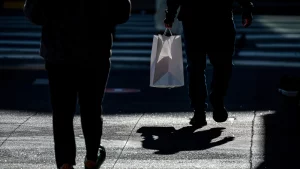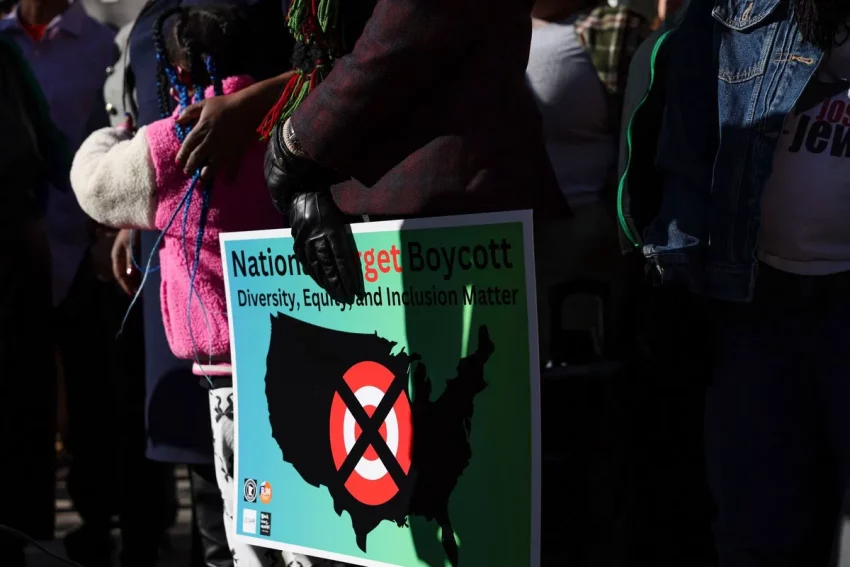A self-described “mindfulness and meditation facilitator,” John Schwarz, suggested in early February that large chains hold a 24-hour nationwide “economic blackout” on the last day of the month. For a day, Schwarz advised people to avoid spending money at Amazon, Walmart, and all other large stores and fast-food chains. He urged them to limit their spending to necessities and small companies. In a video addressed to his about 250,000 Instagram and TikTok followers, Schwarz, who goes by the handle “TheOneCalledJai” on social media, stated, “The system has been designed to exploit us.” We are going to remind them of the true power on February 28. We shut it off for a day.
The 57-year-old Schwarz has no experience in political or social organizing. He recorded videos of himself giving motivational advice and inspirational sayings while sitting in his backyard, house, and shopping mall parking lots till the beginning of this year. He wasn’t optimistic that his boycott message would get on. “I figured maybe a few of my fans would do it,” he said in a phone interview with CNN this week. Rather, Schwarz’s appeal quickly went viral on the internet. On Instagram, his video has received over 700,000 shares and 8.5 million views. Celebrities including Mark Ruffalo, Bette Midler, and Stephen King have urged others to take part. The boycott gained momentum after reporters wrote and broadcast TV segments about it.

The “economic blackout” initiative is vague and comparatively ill-coordinated. Experts in corporate strategy and consumer boycotts are skeptical that it will have any impact on the bottom lines of the large corporations it targets, let alone the huge US economy. Successful boycotts are usually well-planned, target a single business or problem, and make precise demands. However, because it has tapped into the public’s deep-seated resentment of the American political system, business, and economy, this boycott has become more popular online. It seems like a lot of individuals are eager to get involved. In the American context, taking action has frequently required employing pocketbook politics, according to Cornell University historian Lawrence Glickman, author of “Buying Power: A History of Consumer Activism in America.” “This is a method of taking part in a collective action that gives people a sense of belonging and potential power outside of the electoral arena.”
Online users express a variety of reasons for wanting to participate in the boycott. The expense of living and exorbitant pricing are being discussed by several. The influence of big businesses and millionaires like Elon Musk has angered others. The Trump administration’s attempts to dismantle federal programs and concerns about an autocracy in America are being resisted by some. Others, however, wish to boycott businesses that are reversing their DEI (diversity, equity, and inclusion) policies. The answer caused Schwarz to hustle to form a group.
The People’s Union, as he named it, is a “movement created by the people, for the people to (take) action against corporate control, political corruption, and the economic system,” according to its newly launched website, which is regularly taken down. Through his GoFundMe website, which raises money for social campaigns, legal advocacy, and other initiatives, he has raised about $70,000 in donations. In the upcoming weeks, he has also called for more focused boycotts against particular businesses, such as Amazon and Walmart. Even while the political left seems to be the most vocal online, Schwarz doesn’t hold any views that are consistently progressive or conservative, at least not on the conventional US political spectrum. Despite not being a member of any party, he backs Bernie Sanders.

